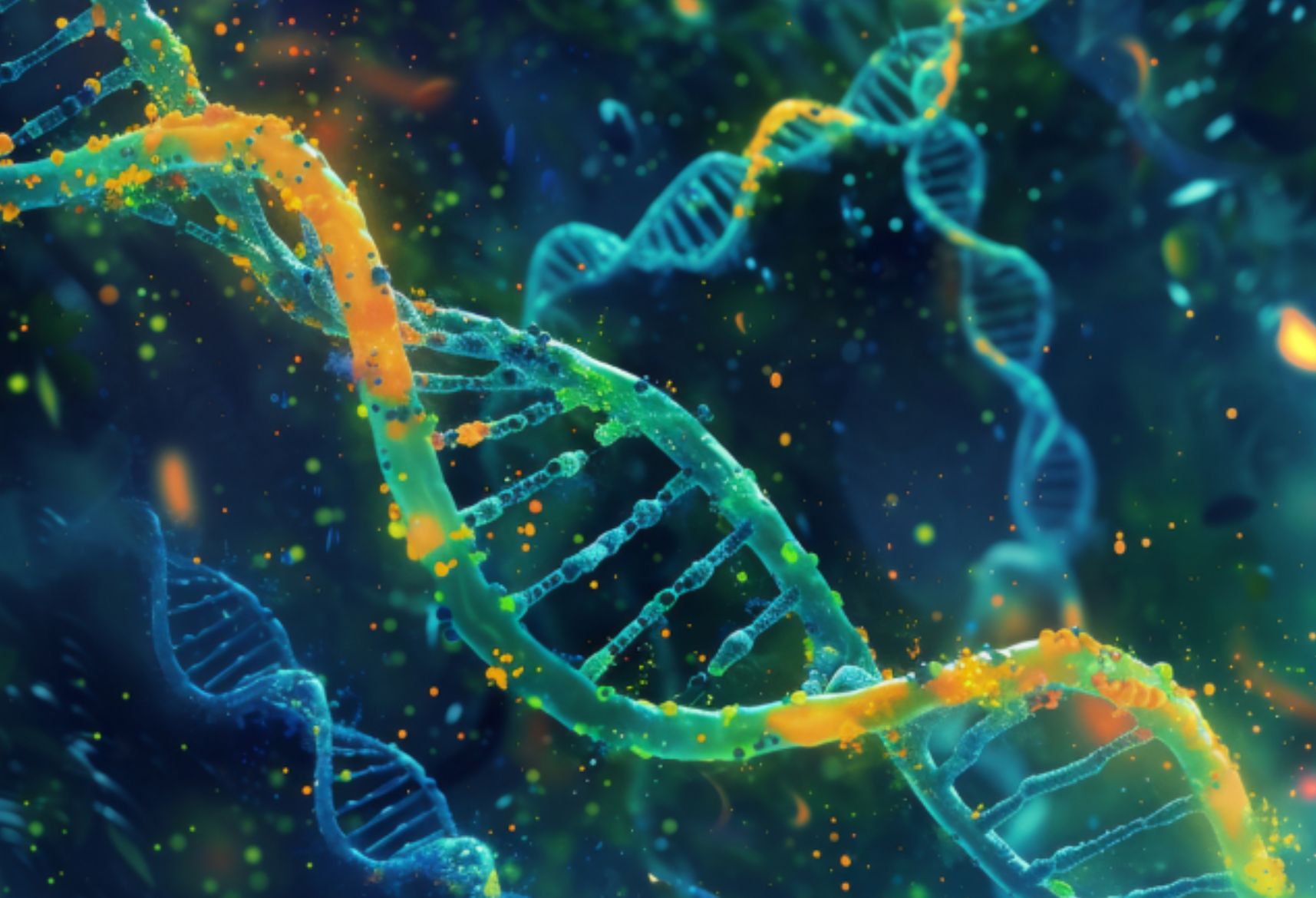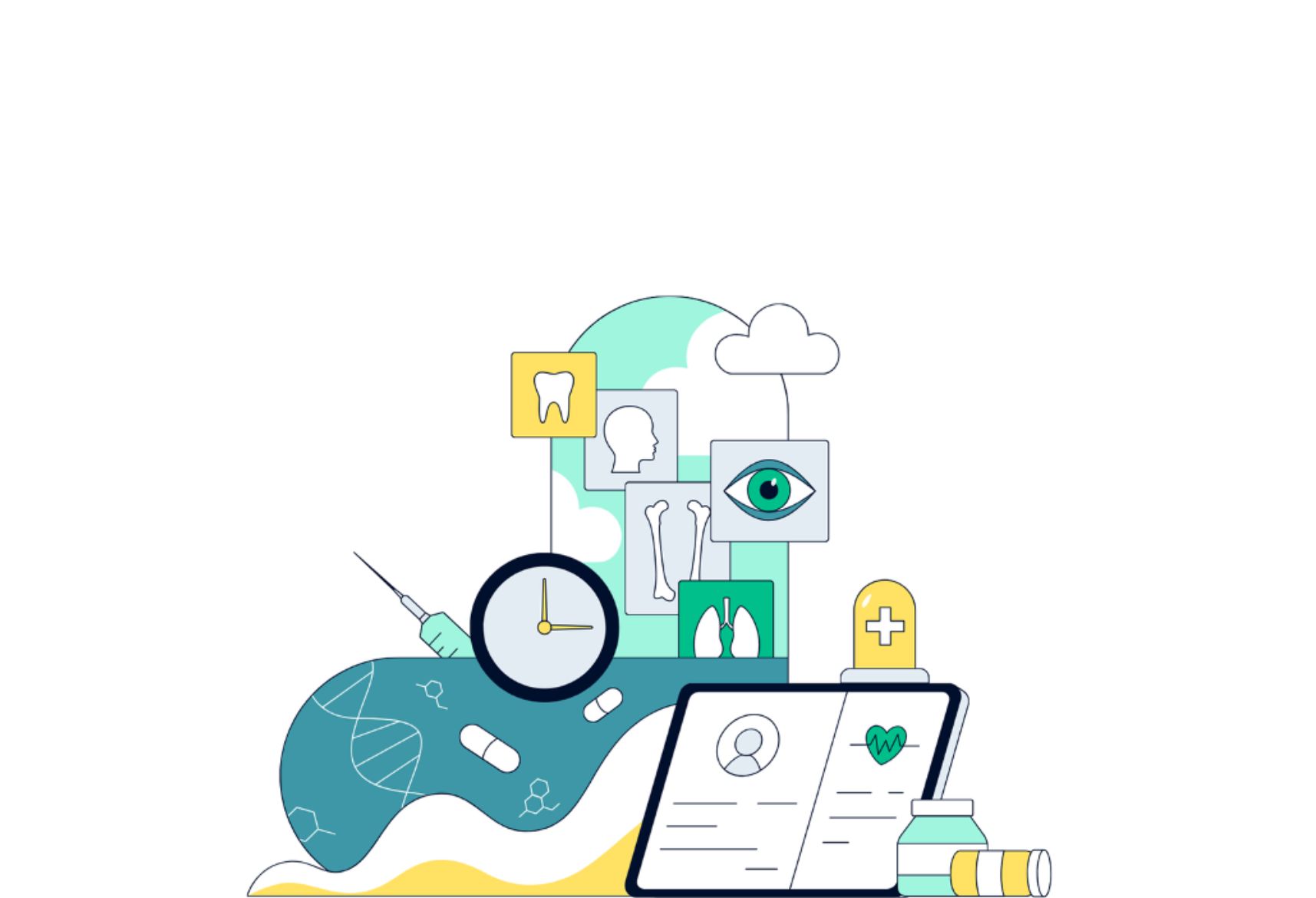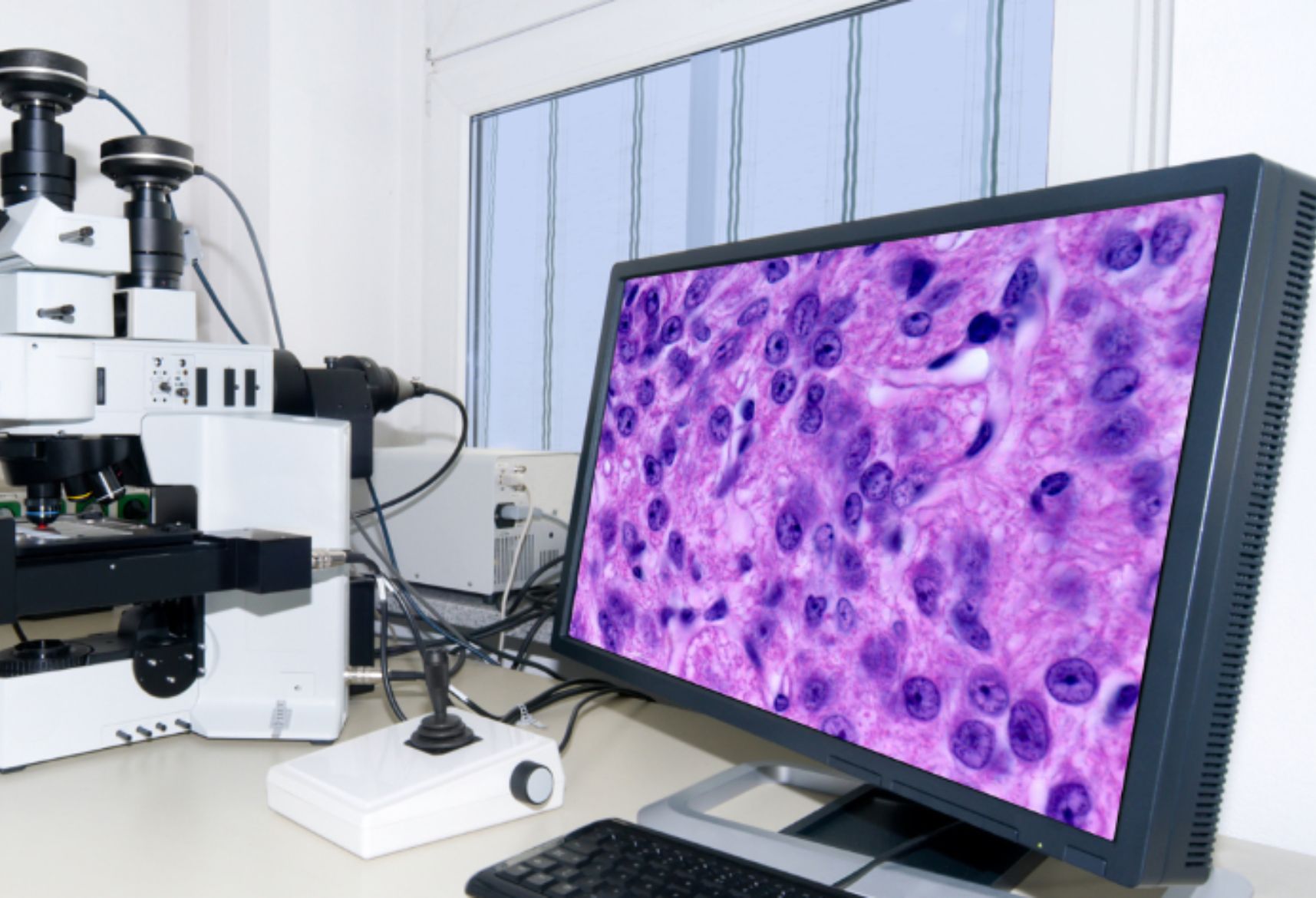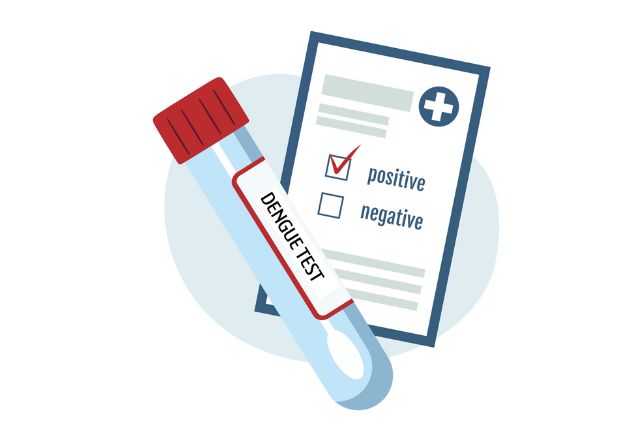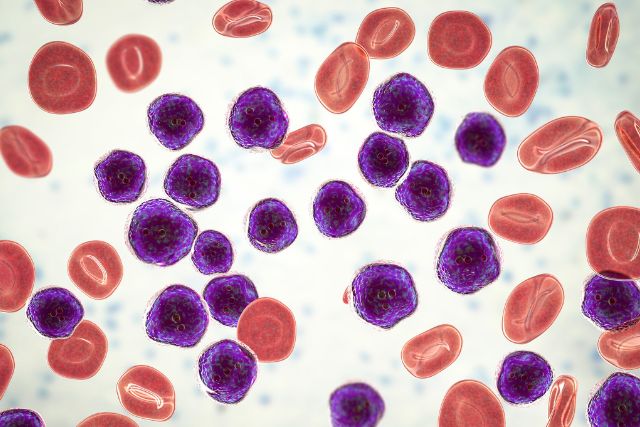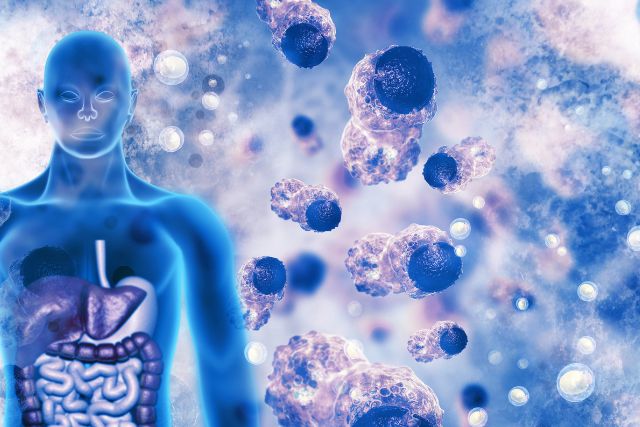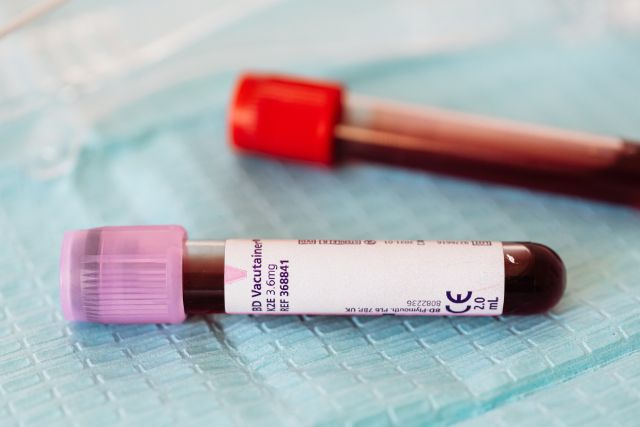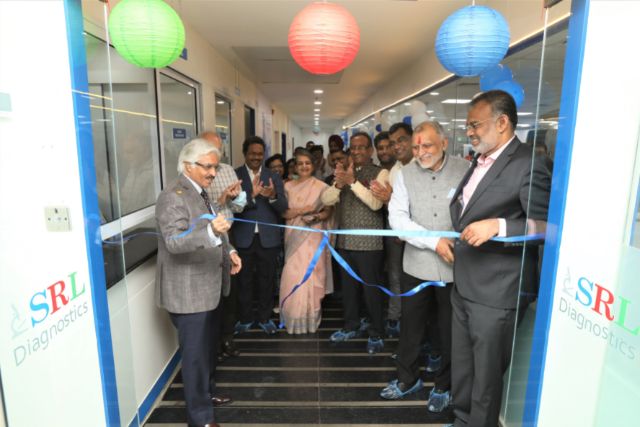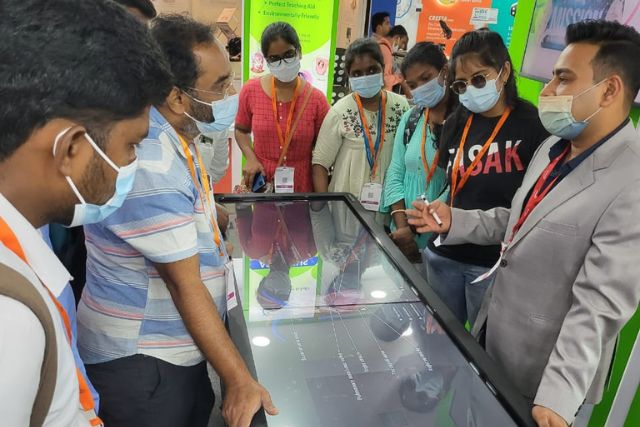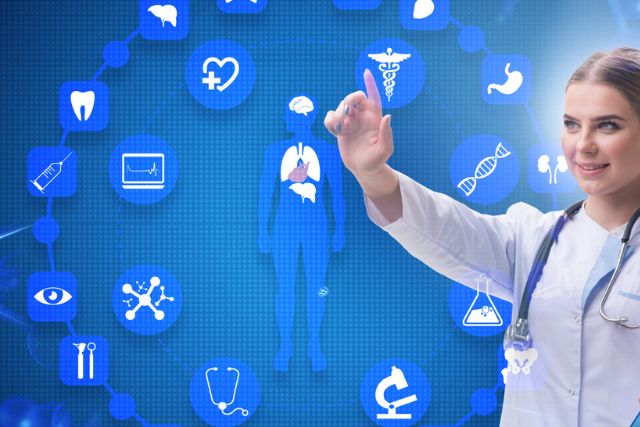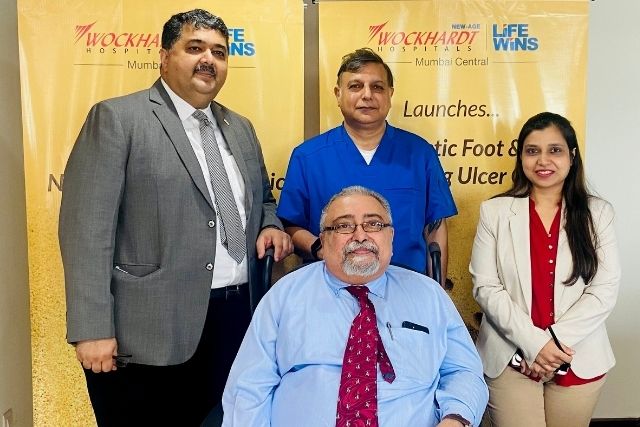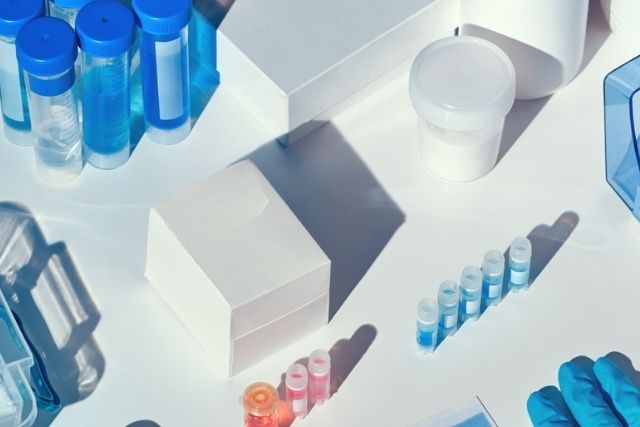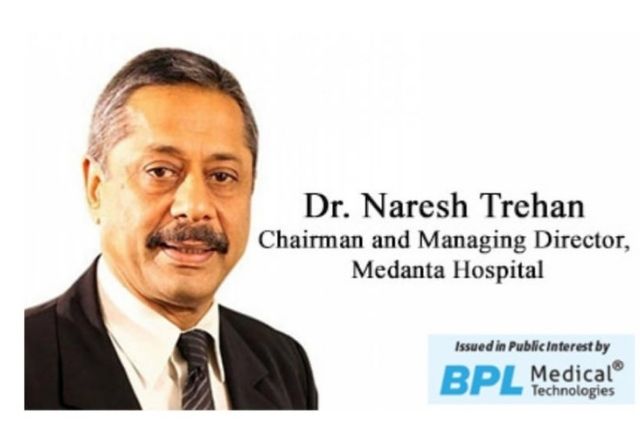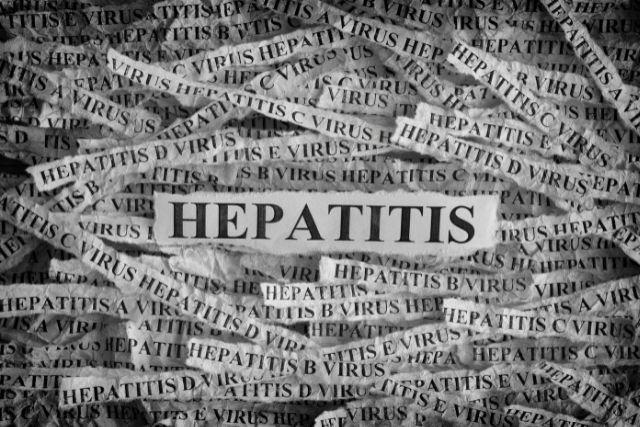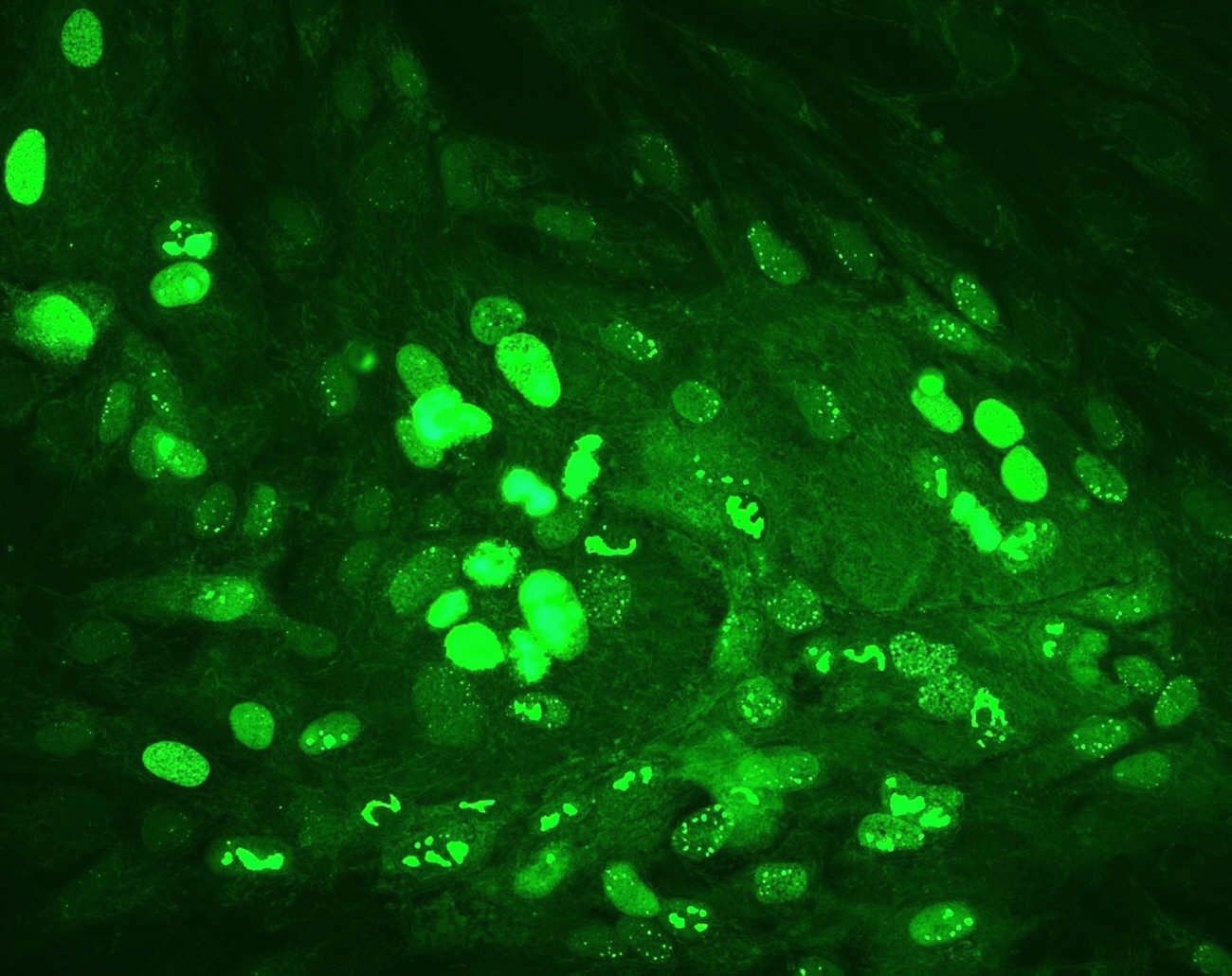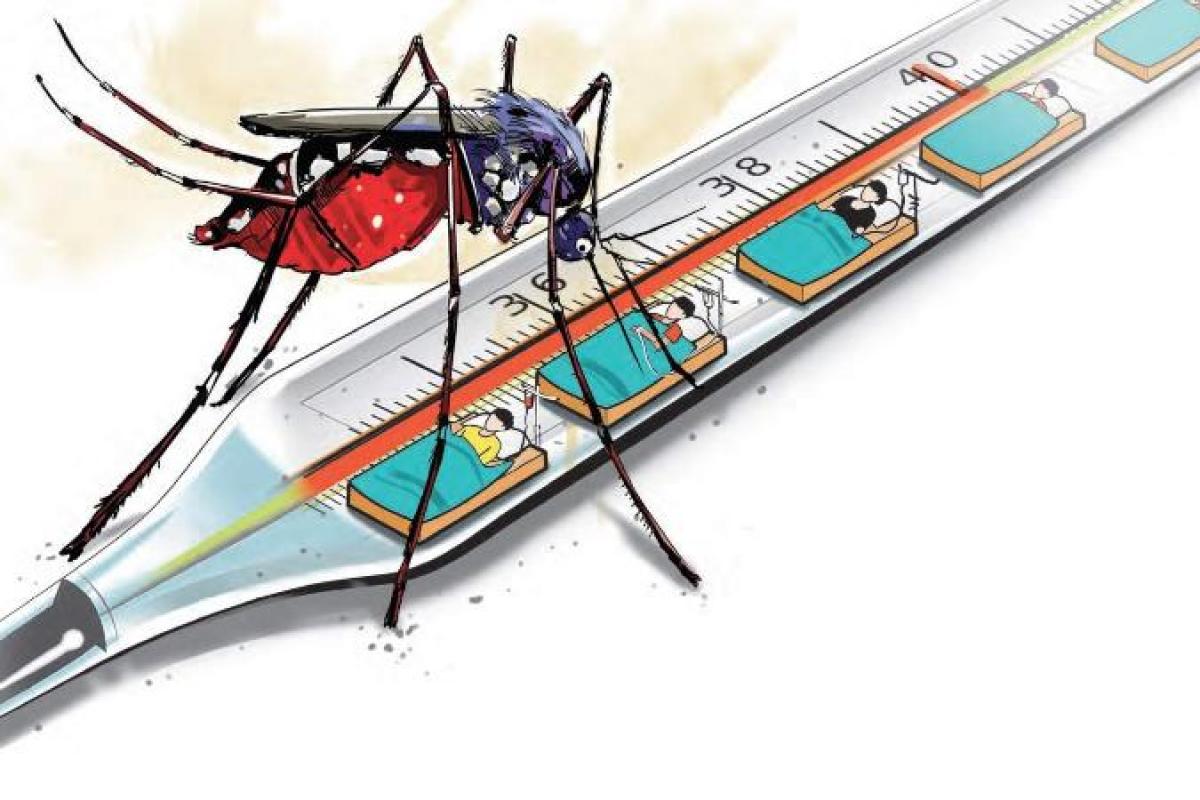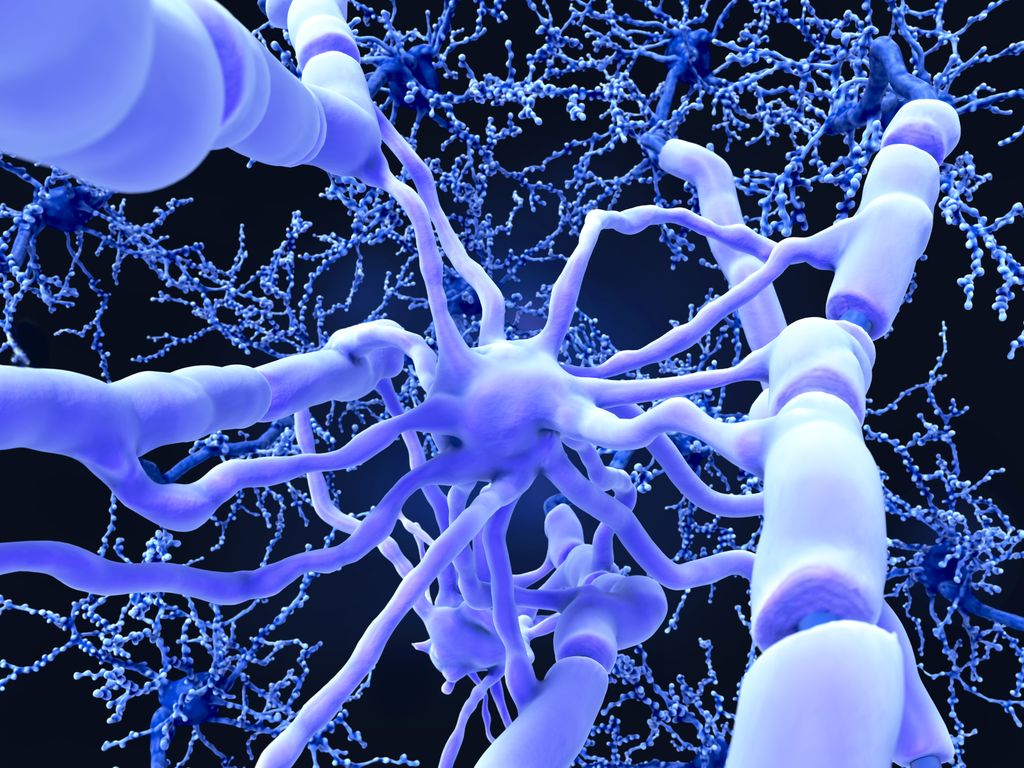Science is entering a fascinating new phase in the race to identify medical risks and threats—where your DNA secrets can be decoded within a few seconds, and your health risks predicted by machines even before the symptoms surface. Two of the most disruptively revolutionary forces that artificial intelligence (AI) is geo-genomics and AI these days is the way they transform our understanding, testing, and prescribing methods for different ailments.
The New Era of Testing marks a significant shift for medicine: the change from reactive diagnostics to predictive, and personalized ones based on client history and powered algorithms that learn with greater speed than any laboratory ever could.
Genomic sciences aids us locate the root of health issues as well as diseases genome: The Blueprint of Health and Disease
Each human cell contains a complete copy of our genetic code—eye color, risk for cancer, and several other attributes are controlled by a string of 3.2 billion letters. For decades, genome decoding was considered complex and costly. Now, in modern genomics, genomic sequencing coupled with accelerated developments in bioinformatics, makes it a key pillar in diagnosing diseases.
With genomic testing, early identification and prompt management of rare genetic disorders in children, as well as cancers, heart diseases, and diabetes, become possible. Furthermore, it assists clinicians in formulating precise treatment plans based on individual genetic profiles which is termed personalized or precision medicine.
In India, processes are simultaneously speeding up and building on existing foundations. Programs such as the IndiGen Project, accompanied by the emergence of domestically driven genomics startups, are broadening access to genomic insights. The objective? Make precise testing accessible to the masses instead of only to the few who have wealth and privilege.
AI in Diagnostics: From Data to Decision
While genomic information creates enormous amounts of data, AI helps us make sense out of it. It can analyze genomic variants and diseases, identifying health risks much faster, more accurately, and at a larger scale.
Currently, AI is used in diagnostic platforms to:
- Interpret images from radiology and pathology with an accuracy above prior standards
- Predict recurrences of cancer and assess risks using specific genetic markers
- Detect Alzheimer’s and other neurodegenerative disorders years before traditional methods
- Analyze sophisticated interactions between genes and environmental factors
A good example would be the application of AI for liquid biopsies, which allow for the non-invasive detection of circulating tumor DNA in blood samples. Through the application of machine learning algorithms, it is possible for clinicians to detect cancers long before the patients present any symptoms, which is only possible at stage III or IV.
Multi-Omics and the Power of Integration.
An expanding field of study that lies beyond traditional genomics is multi-omics: the integration of genomics with transcriptomics, proteomics, and metabolomics to create a fuller scope of human biology. This is where AI comes in to assist in managing these intricate layers of human biology—on top of big data being profoundly set as the future frontier. In managing infectious diseases, an example is the use of AI-integrated genomics during the COVID-19 pandemic where it played a crucial role in detecting new variant s, modeling the spread, and even vaccine designing. The same methodologies are now being used for tuberculosis, HIV, dengue, and other health concerns, especially in public health hotspots like India.
Redefining Laboratory Testing
The diagnostics industry is shifting from labor-intensive, reliant on reagents, to automated data-centric testing systems. Genomics-based diagnostics and AI-driven tools are:
- Distributing and monitoring chronic conditions.
- Providing cost-effective, scalable solutions through automation.
- Available as point-of-care and home-testing kits.
- Improving diagnostic rates for unexplained conditions.
The laboratories of the future will serve not only as detection centers, but also as predictive intelligence hubs capable of proactively monitoring the patient’s health, managing chronic diseases, and guiding lifestyle changes based on genetic risk.
Ethical Frontiers and Challenges
As genomic and AI technology converges, the following questions demand urgent attention:
- Who retains ownership of genomic information?
- What mechanisms safeguard privacy and confidentiality?
- Can biases exist in AI diagnostic instruments?
Such concerns are addressed by policies such as The Digital Personal Data Protection Act, 2023 of India, and ethical treaties on an international scale. Addressing these questions is important for the visioning era aimed at foundational transparency, consent, and inclusivity.
India’s Opportunity in the Genomic Age
India has the most genomic innovations leveraging potential owing to its heterogeneity, demographic profile, and nascent technological ecosystem. Conditions are already favourable because of the genomic and AI health-tech startups located in Bengaluru, Hyderabad, and Pune.
The need is immediate from the private sector and government to build biobanks and incorporate genomic medicine into the medical school curricula. With an increasing burden of non-communicable diseases and AI powered (with) genomics, the integration is now crucial.
Conclusion: The New Model for Diagnostics
A paradigm shift is underway. The approach to managing diseases has changed fundamentally. Forecasting, understanding on an intricate molecular scale, and preemptive management in some cases is now possible. Genomics provides the blueprint, and artificial intelligence offers the intellect. The diagnostic focus has shifted to accuracy, speed, and customization never before possible.
The remaining primary adopters of the paradigm shift are clinicians, researchers, diagnostic laboratories, health system innovators, and relevant entrepreneurs who must build confidence in new emerging technologies while adopting human-centered design principles.
Microbioz India proudly spearheads this change—the future of testing is already here, where health enhancement is self-directed through decoding one’s genomic information.







